Vietnamese capacity combined with Dutch technology promises to help Vietnamese agriculture achieve a new position on the global agricultural map.
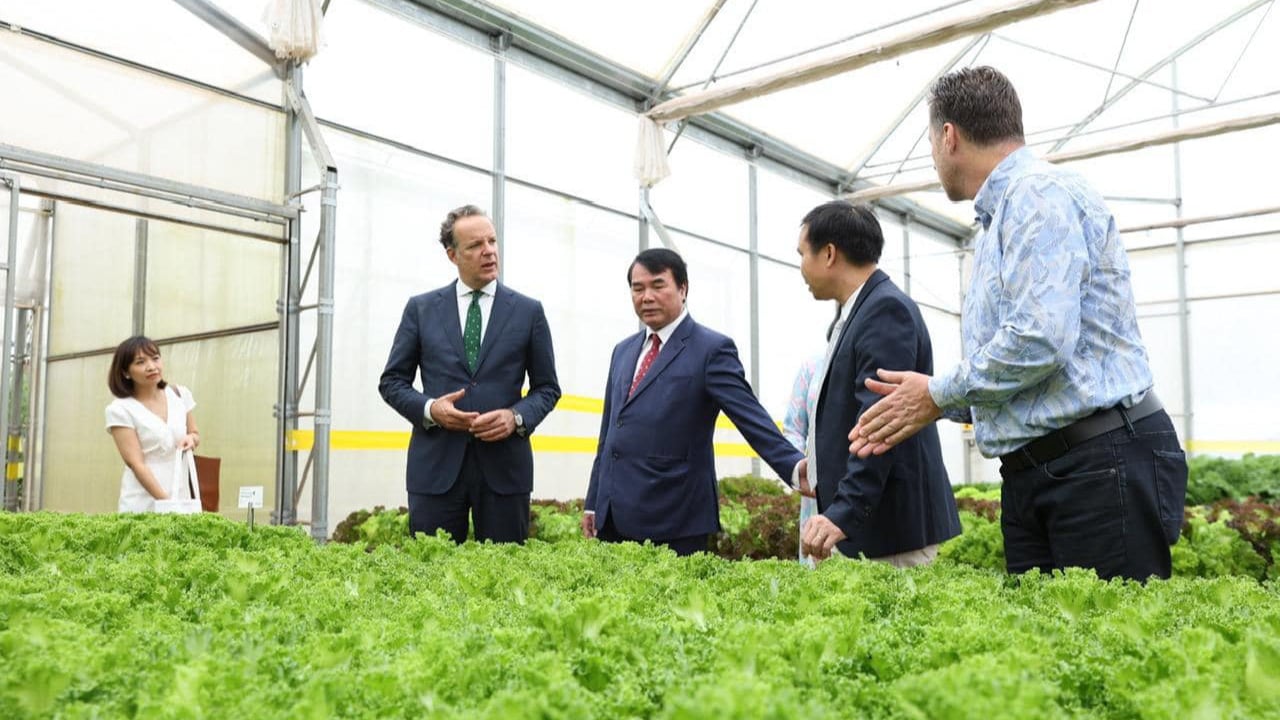
Dutch Consul General Daniel Stork (fourth from right) visits the research and development center of a Dutch seed company in Lam Dong province in September 2024 - Photo: Consulate General of the Netherlands in Ho Chi Minh City
Many Dutch companies have chosen to come to Vietnam to promote innovation in agriculture. They believe that they will work with Vietnam's agricultural sector to grow, break through and successfully penetrate demanding markets around the world.
Sharing common agricultural values
The Netherlands and Vietnam have just celebrated 50 years of diplomatic relations, but Dutch Consul General Daniel Stork always emphasizes that the two countries had their first connections 400 years ago.
From the image of Dutch merchants arriving at Hoi An port in the 17th century, Mr. Stork affirmed that the common point between the Netherlands and Vietnam has always been trade, the two countries contributed to global trade thanks to important trade routes.
"If the Netherlands has the Rhine River, which is the busiest inland waterway in the world, Vietnam also has rivers in the Mekong Delta, along with the Saigon River, which are among the busiest waterways in Asia," Mr. Stork shared with Tuoi Tre on the occasion of the Lunar New Year.
These inland waterways empty into the sea, transporting goods that are typical of both countries, such as agricultural products. "This is also another common point between the Netherlands and Vietnam, both countries have strengths in agriculture," Mr. Stork commented.
Mr. Stork is proud that the Netherlands is the world's second largest agricultural exporter, while Vietnam's agricultural industry has boomed over the past 30 years, and Vietnam is aiming to become one of the world's leading agricultural producers.
"I am very happy to see that Dutch agricultural companies can contribute to the boom of Vietnam's agricultural sector by using their technological strengths, sharing more knowledge and many innovations from the Netherlands," Mr. Stork added.
Sharing the same opinion with Mr. Stork about the development potential of Vietnam's agricultural sector, General Director of De Heus Vietnam Johan van den Ban commented that domestically, Vietnam is already a large market with 109 million people.
De Heus Vietnam belongs to the Royal De Heus Group, specializing in providing livestock nutrition solutions, with a leading position in the Netherlands as well as worldwide. Focusing mainly on the animal feed sector, De Heus Vietnam has achieved many proud achievements over the past 15 years, such as 25% of De Heus's global output being produced in Vietnam.
According to Mr. Johan, besides the strength of aquaculture with some types of fish and shrimp being the main export products, Vietnam also has the opportunity to become a country with a leading poultry processing industry thanks to the export of chicken and other white meats, proteins that are favored by many consumers.
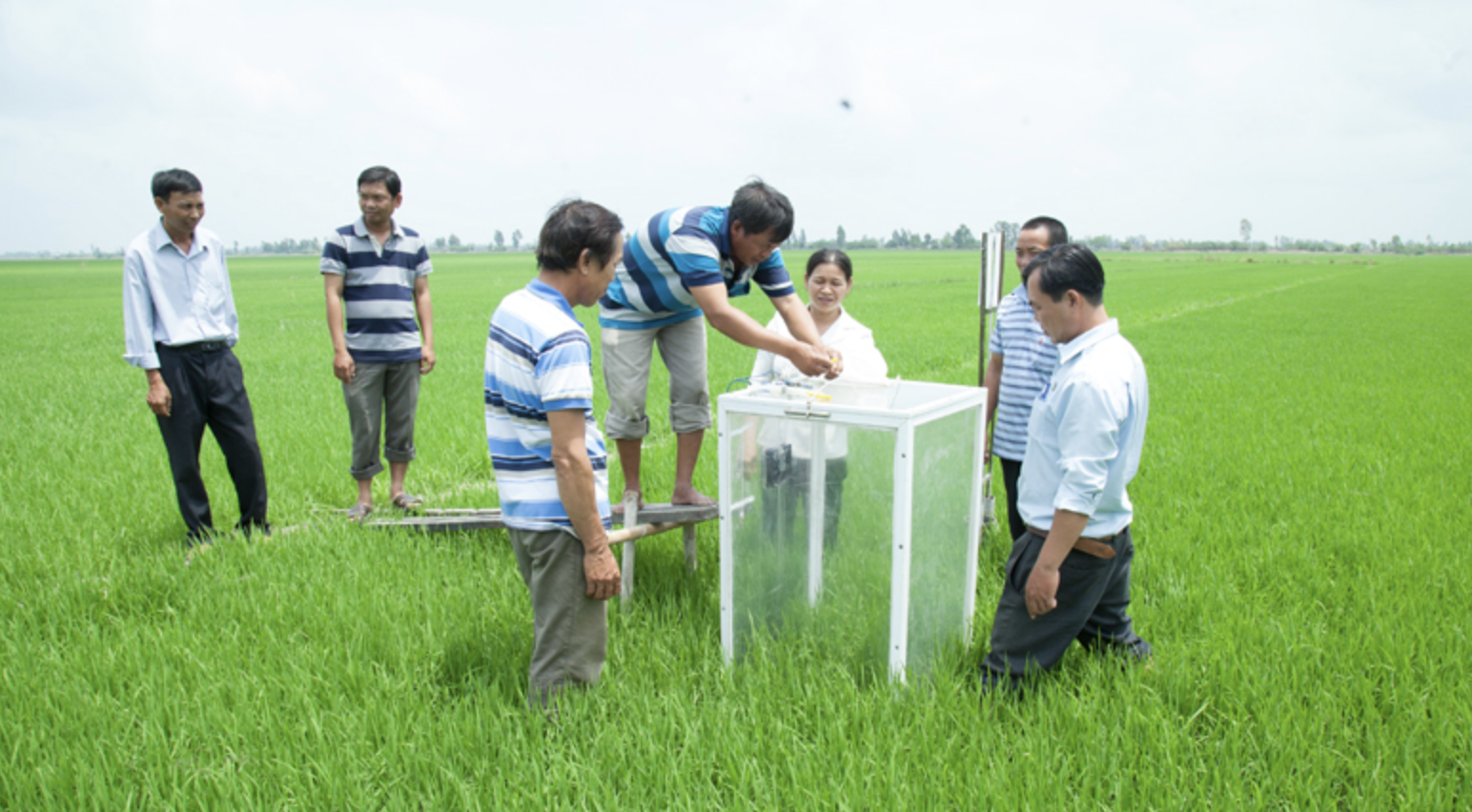
Farmers in Can Tho measure greenhouse gas emissions in their rice fields with the help of local agricultural experts - Photo: World Bank
Creative Vietnamese farmers
Despite being at the forefront of industrial technology, Dutch industry experts still have to give credit to the "indigenous knowledge" of Vietnamese farmers, who have spent generations farming with their own hands and the tools available next to their homes.
"As a company with more than 110 years of history, to this day we are still amazed by the creativity and inventiveness of Vietnamese farmers: They solve problems in a very simple, cost-effective but very effective way," Mr. Johan shared about De Heus' experience in Vietnam.
Mr. Johan commented that Vietnamese farmers in general are very intelligent, very practical, and have effective solutions to almost every problem. "They are extremely creative and inventive, they do everything efficiently but very cost-effectively," Mr. Johan said.
Mr Johan said De Heus provides farmers with additional training on updated farming methods, along with technical support and good breeds. The company also helps Vietnamese farmers connect with markets as the next step in the value chain.
He added that Vietnamese farmers are fully capable of competing internationally, although they still need support to grasp the requirements and standards of major import markets.
"The talent of farmers is also one of the reasons why De Heus has strong faith in the livestock and agricultural industry in Vietnam," Mr. Johan affirmed.
Invest more for sustainable value
"Vietnam is a country with a very open and dynamic economy in both import and export activities, with many free trade agreements with countries and regions. Combined with a young population, the Vietnamese economy has a very good foundation to grow even stronger," the leader of De Heus Vietnam shared his opinion.
However, with many free trade agreements and access to many markets, Vietnam's industries in general, and the agricultural sector in particular, need to provide their services and products to meet the general requirements of the agreements, or individual markets, notably sustainability standards.
For agricultural and livestock products, Mr. Johan noted that consumers today are expecting more, raising standards for quality, food safety and traceability of the products they buy.
"Our goal is to help farmers achieve sustainable economic development, simply put, to help them make a profit. Together with Vietnamese farmers, we contribute our part to solving the challenges of the livestock industry," Mr. Johan affirmed.
Need to control the epidemic well
Mr. Johan said that Vietnam is currently facing most of the animal-related diseases worldwide, so disease control is one of the important challenges that need to be thought of first for the industry.
To avoid the situation of "waiting until the cow is gone before building a barn", Mr. Johan said that the easiest and most effective solution is to build good infrastructure from the farm level, where animals are kept.
In addition, the process of transporting animals from farms until processed products from livestock and poultry reach consumers also needs to be strictly controlled.
- Ms. Fleur Goote (Executive Director of the Dutch Business Association in Vietnam - DBAV):
Building a resilient supply chain together
The Netherlands is one of Vietnam's largest trading partners in the European Union (EU), with investments spanning a wide range of sectors such as agriculture, logistics, water management and renewable energy.
For the Netherlands, Vietnam stands out from other Southeast Asian countries with its strategic location, extensive free trade agreements and a proactive government that prioritises economic growth and innovation. Vietnam is also a key player in global trade, serving as an important manufacturing and export hub for key industries.
By leveraging the strengths of the Netherlands-Vietnam synergy, we can together create solutions that not only promote growth but also address global challenges such as climate change and resource efficiency. In particular, with the EVFTA, both countries have more opportunities to build supply chains.
Source: https://tuoitre.vn/ha-lan-ho-tro-nong-nghiep-viet-nam-tang-toc-20241231230111556.htm


![[Photo] Ho Chi Minh City after 50 years of national reunification through buildings and symbols](https://vstatic.vietnam.vn/vietnam/resource/IMAGE/2025/4/15/a224d0b8e489457f889bdb1eee7fa7b4)
![[Photo] National Assembly Chairman Tran Thanh Man attends the summary of the organization of the Conference of the Executive Committee of the Francophone Parliamentary Union](https://vstatic.vietnam.vn/vietnam/resource/IMAGE/2025/4/15/fe022fef73d0431ab6cfc1570af598ac)
![[Photo] Air Force actively practices for the April 30th celebration](https://vstatic.vietnam.vn/vietnam/resource/IMAGE/2025/4/15/16fdec3e42734691954b853c00a7ce01)
![[Photo] General Secretary To Lam meets with veteran revolutionary cadres, meritorious people, and exemplary policy families](https://vstatic.vietnam.vn/vietnam/resource/IMAGE/2025/4/15/7363ba75eb3c4a9e8241b65163176f63)

![[Photo] Welcoming ceremony for Prime Minister of the Federal Democratic Republic of Ethiopia Abiy Ahmed Ali and his wife](https://vstatic.vietnam.vn/vietnam/resource/IMAGE/2025/4/15/77c08dcbe52c42e2ac01c322fe86e78b)
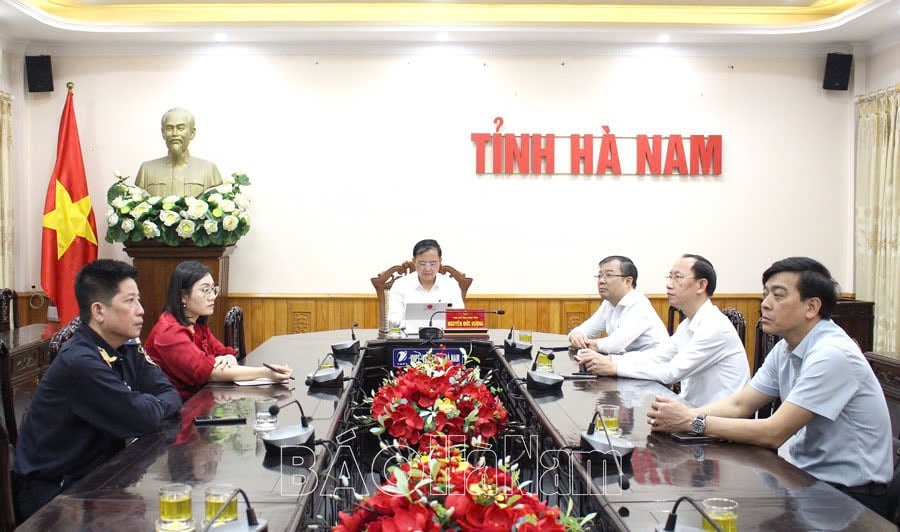

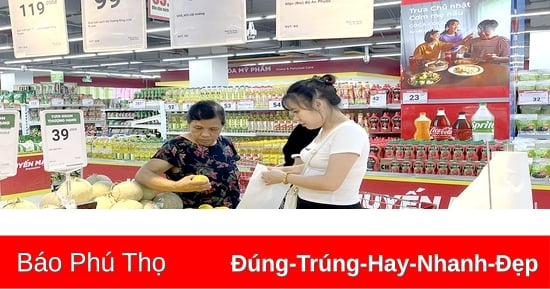

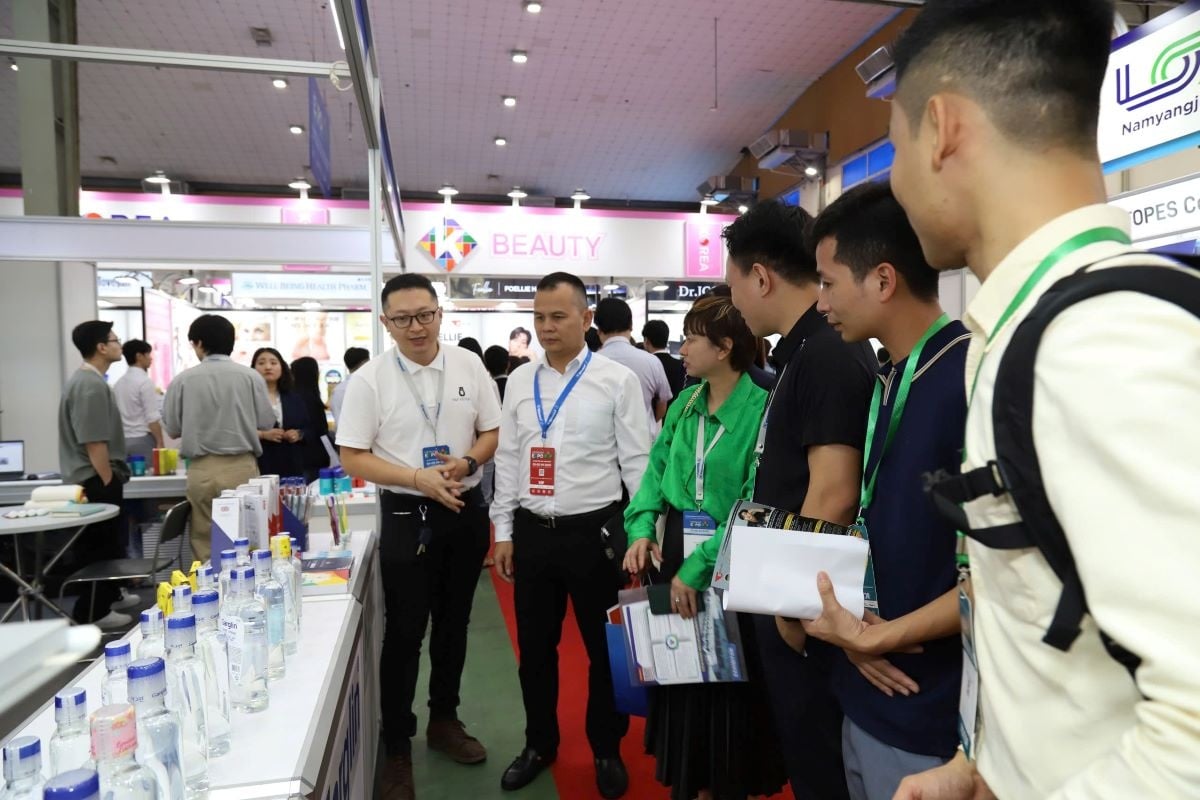

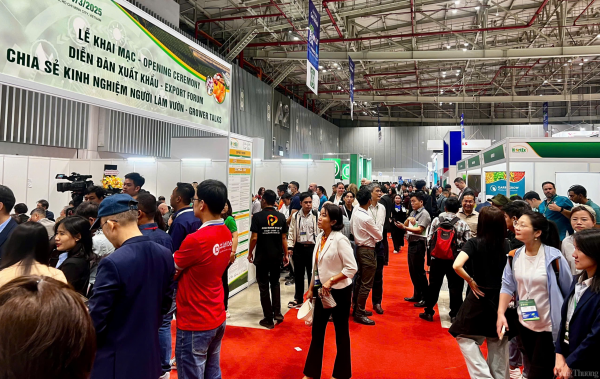

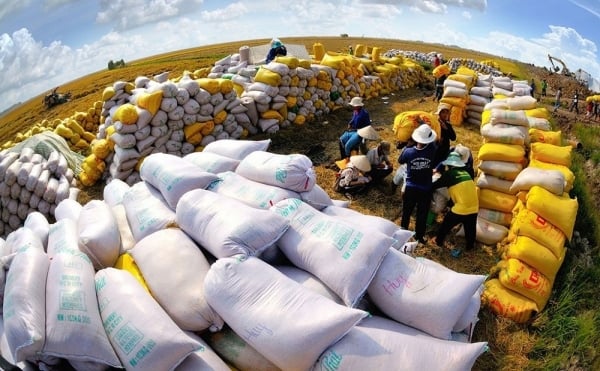

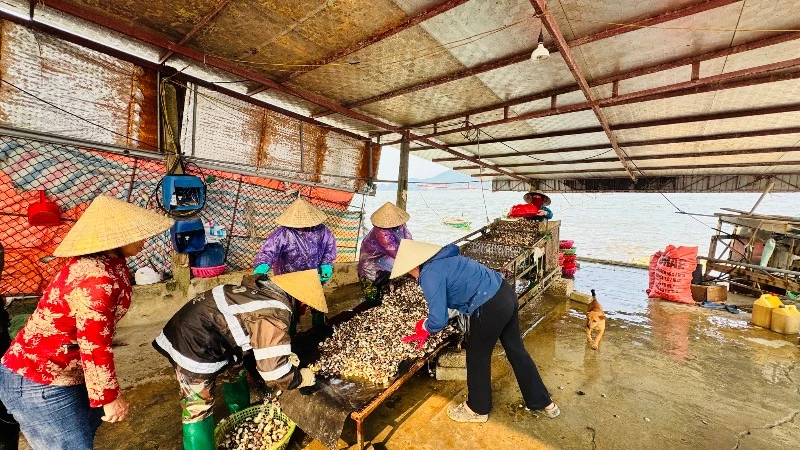
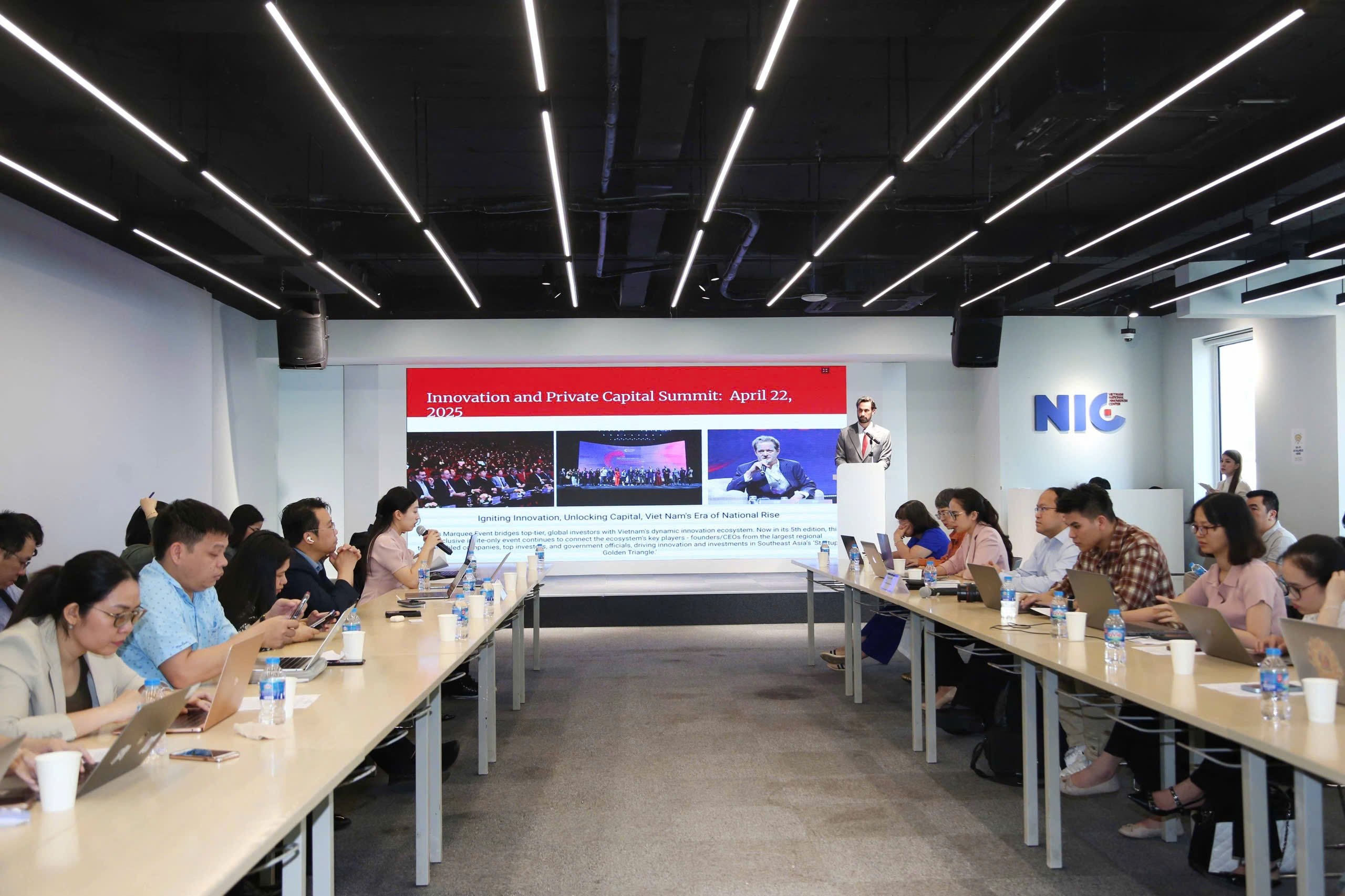
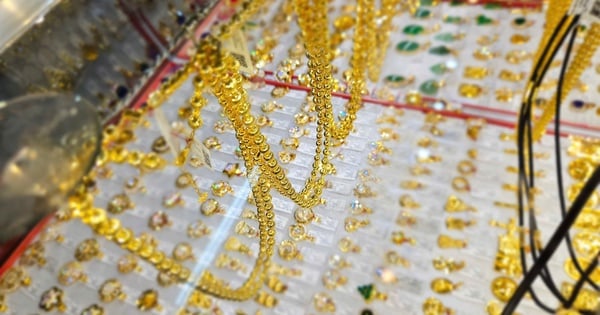
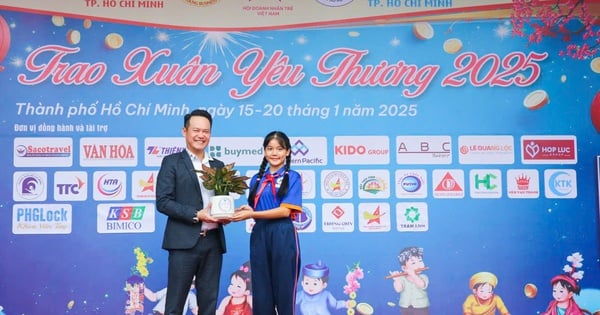
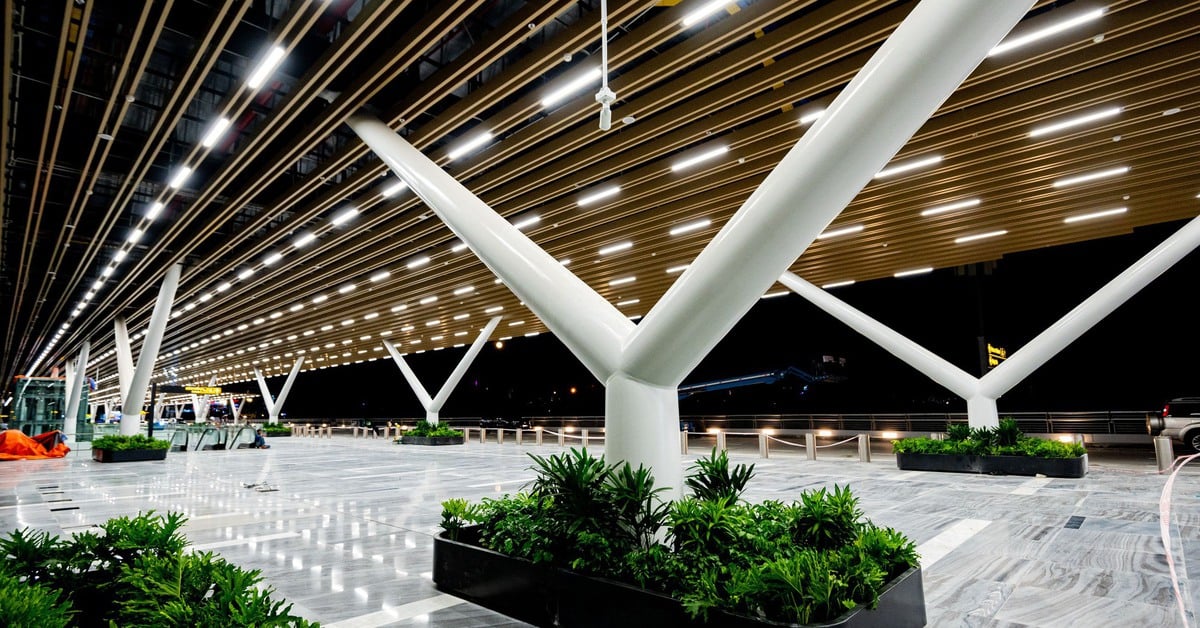
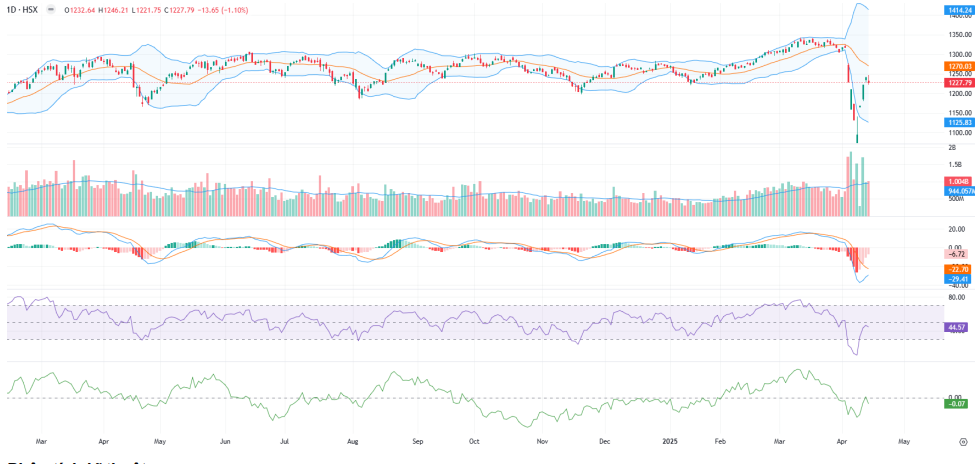




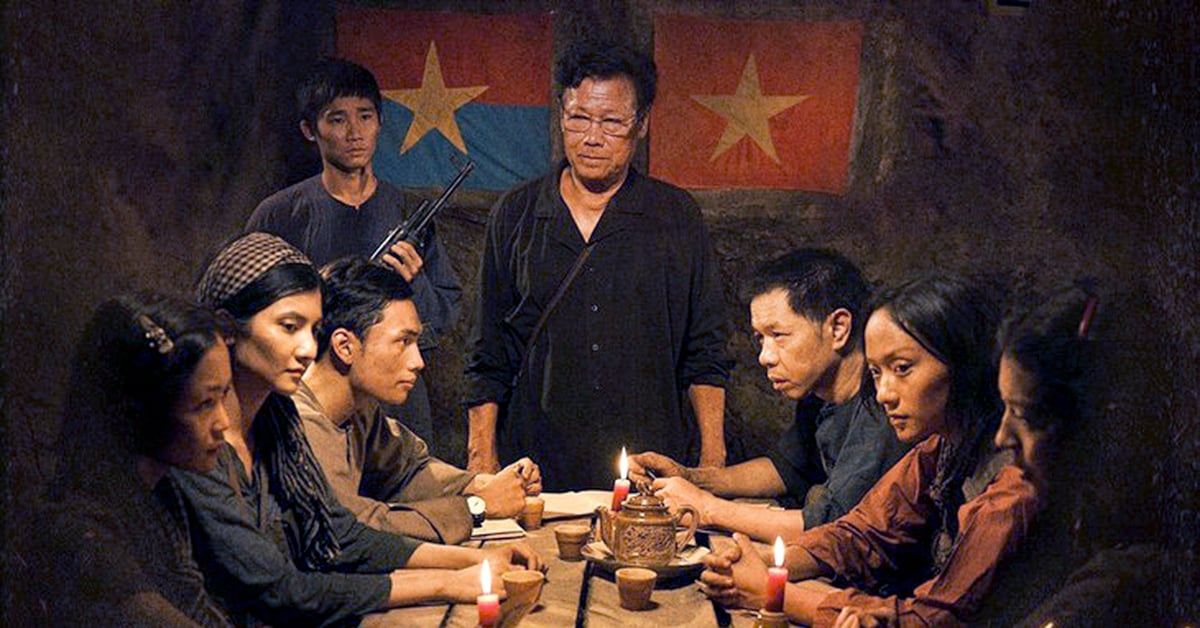
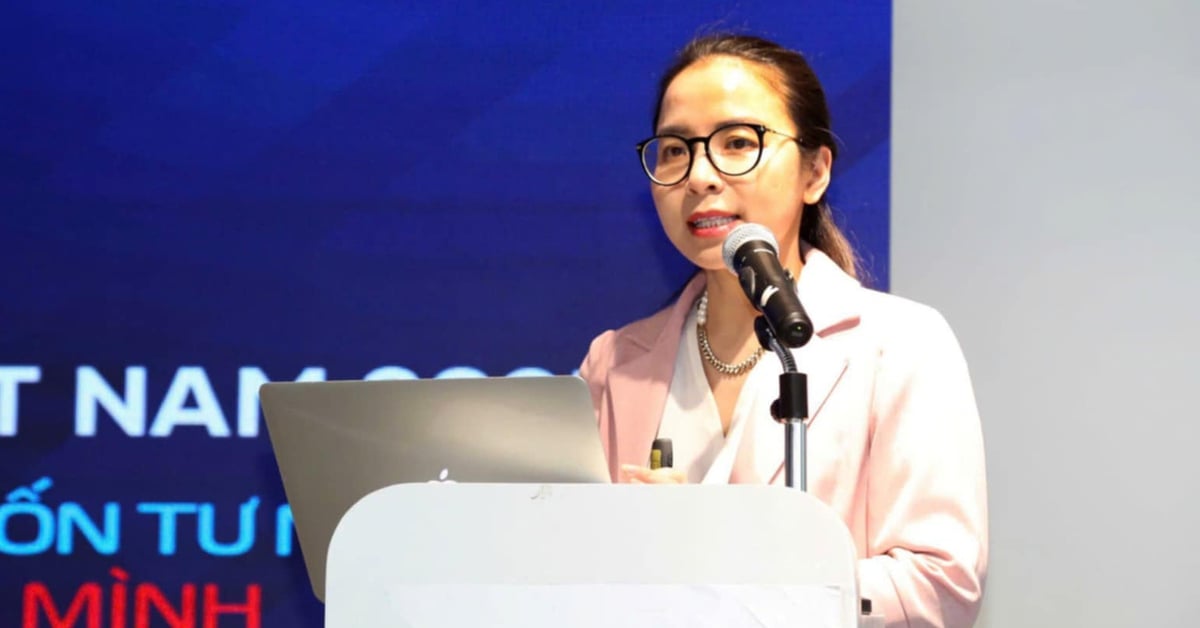
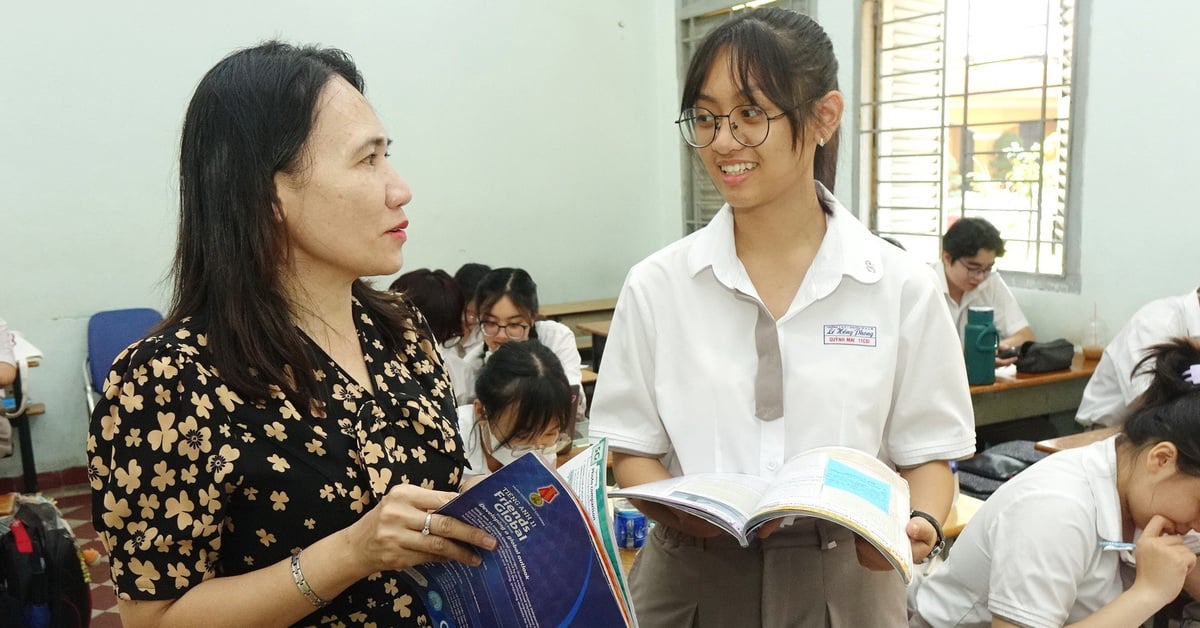

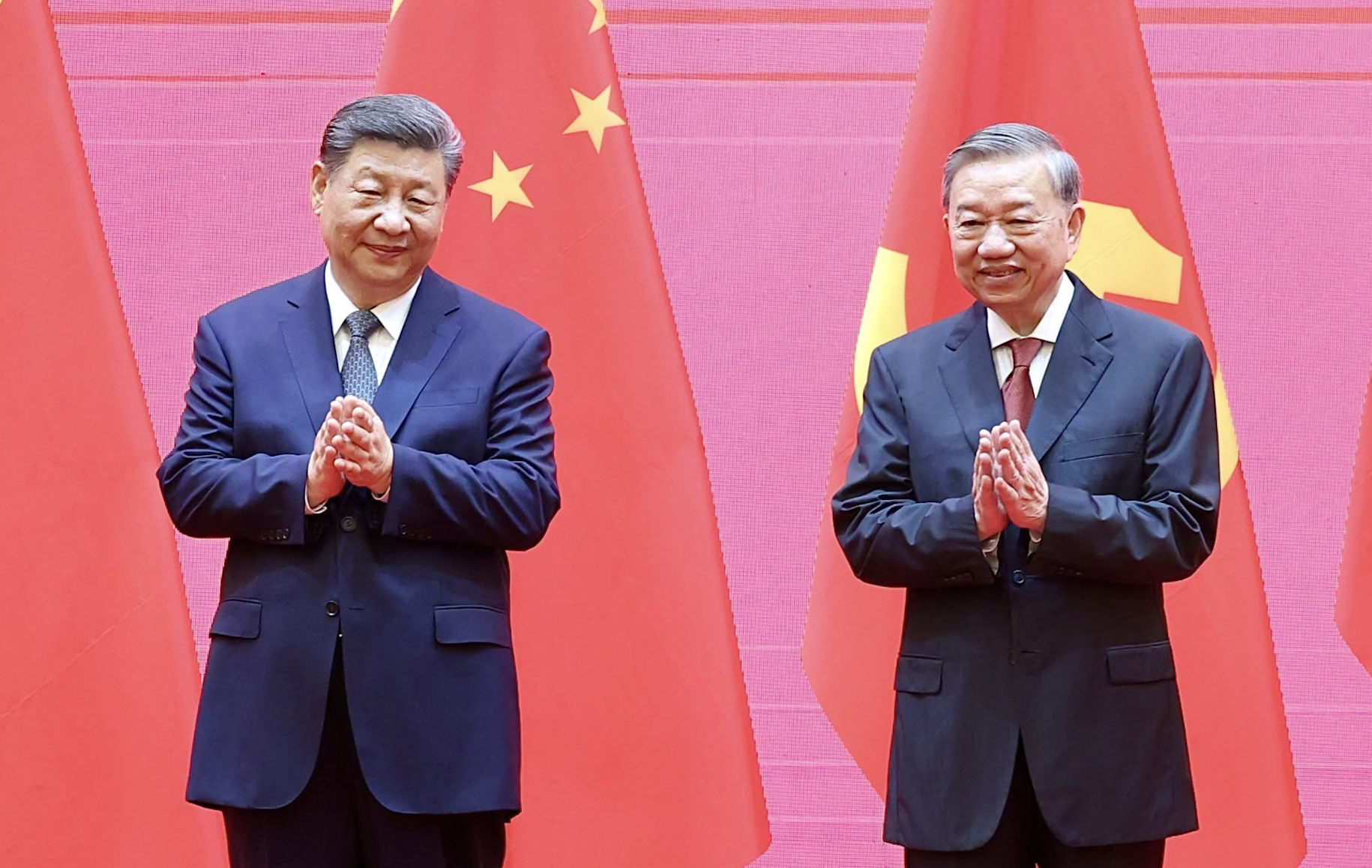
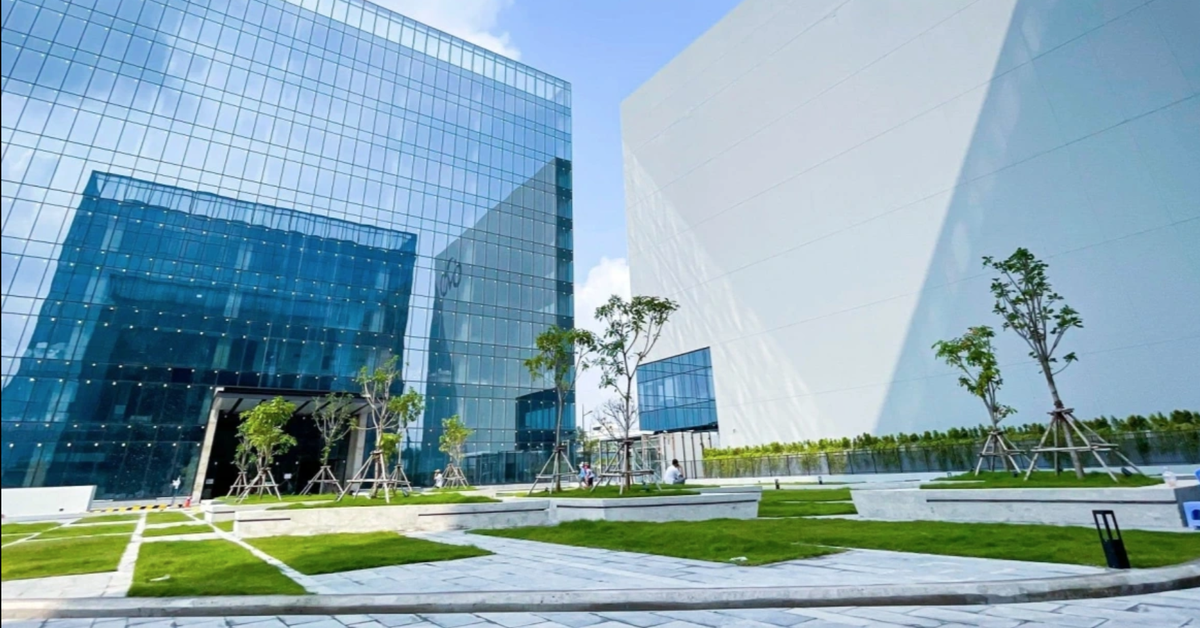
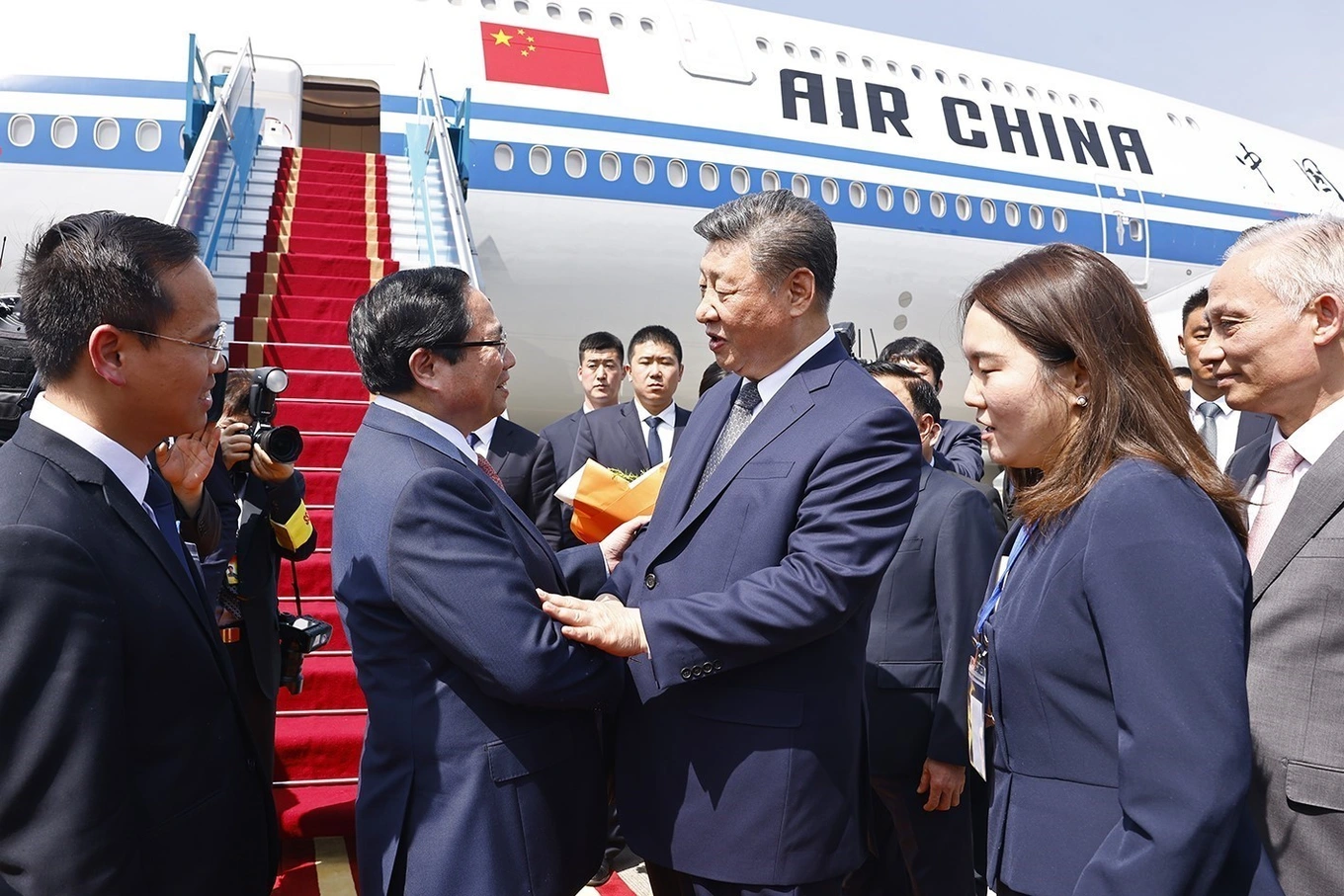





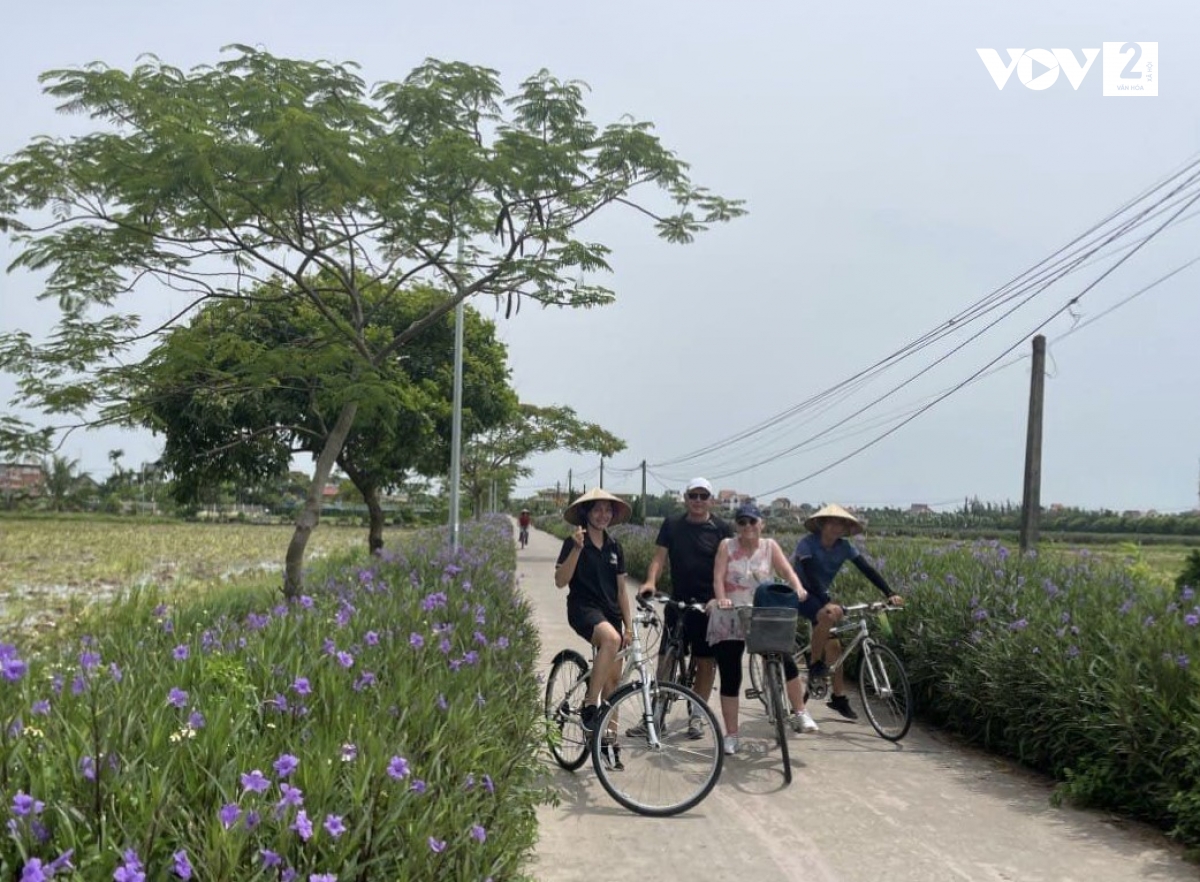

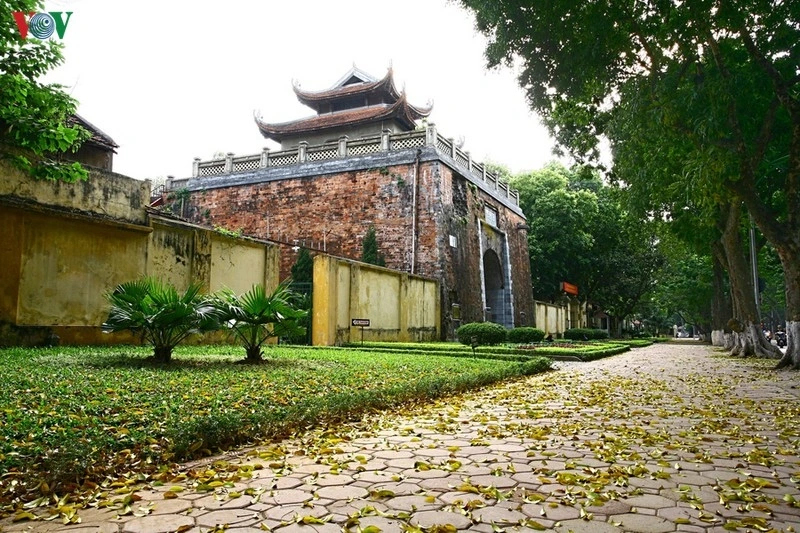
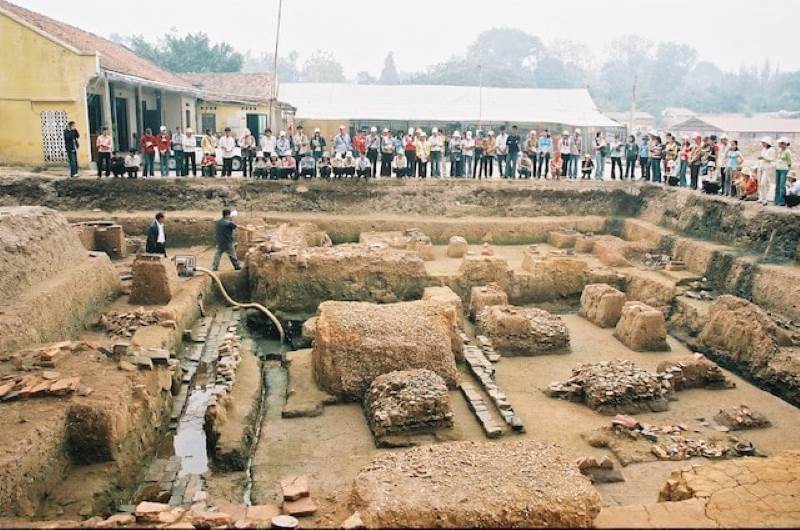

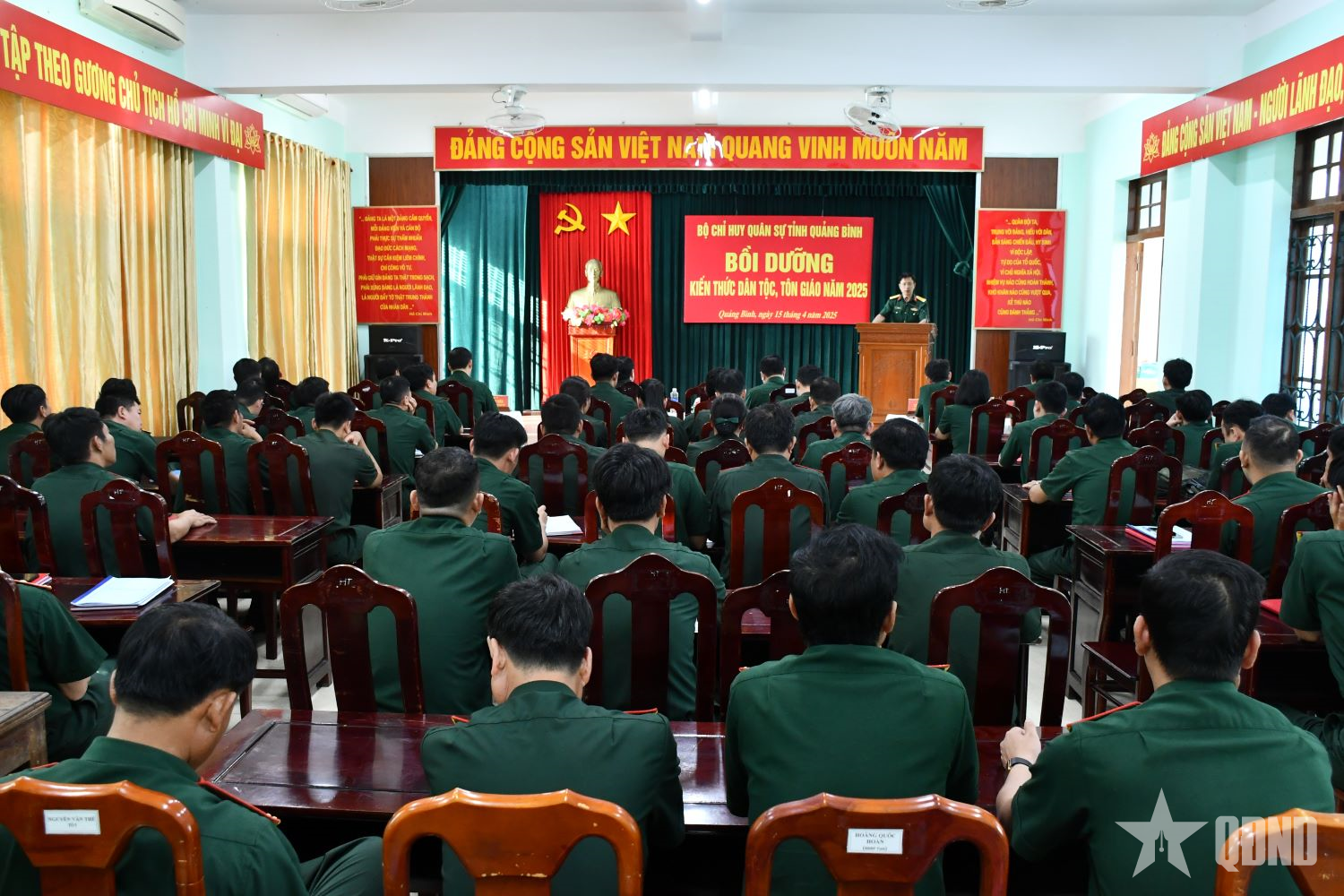

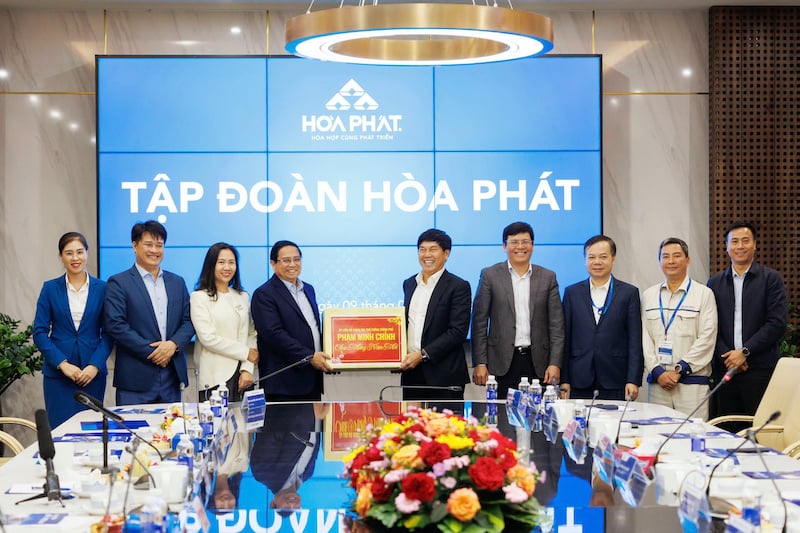

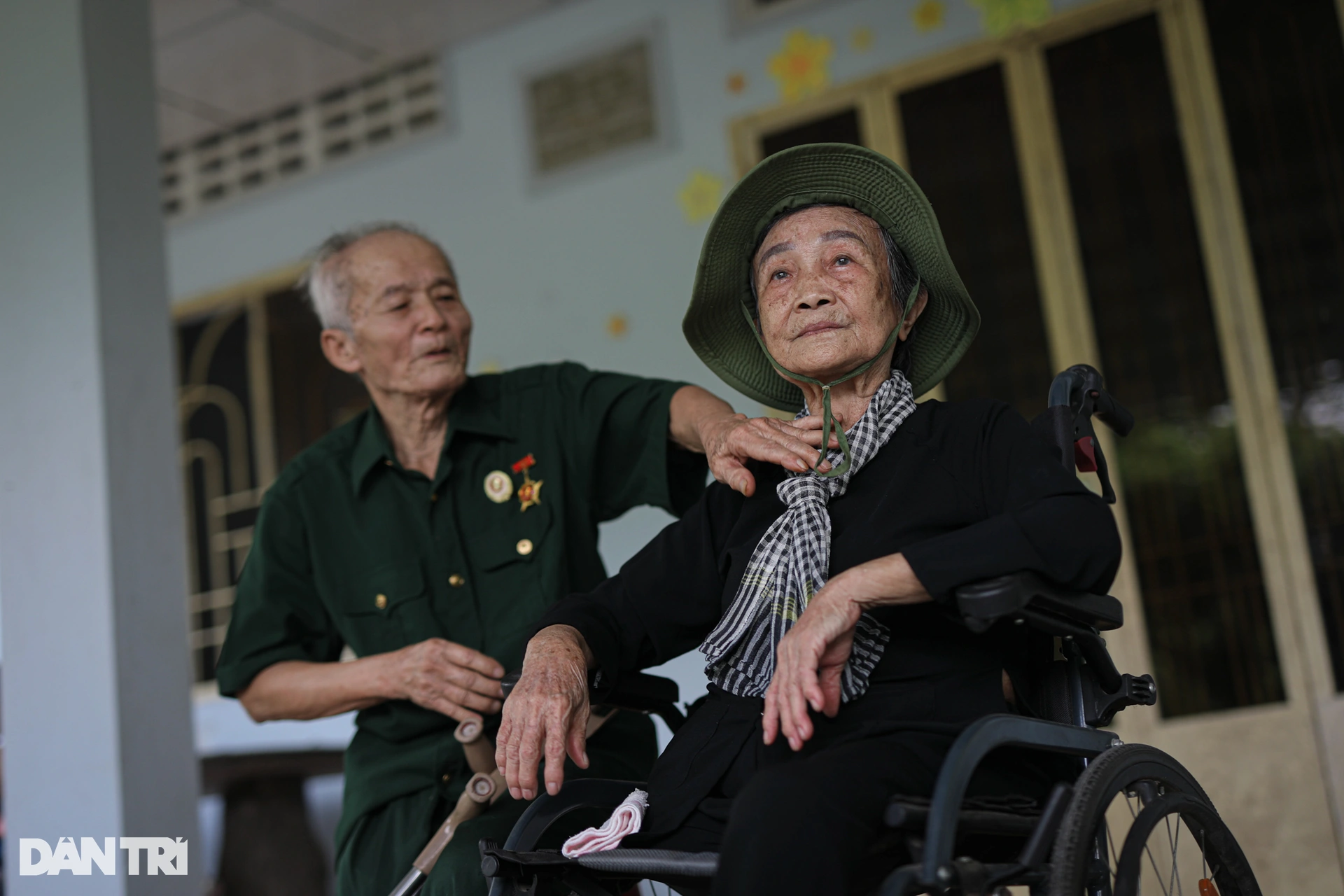

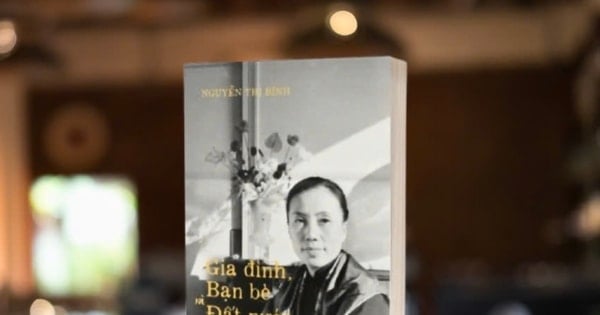


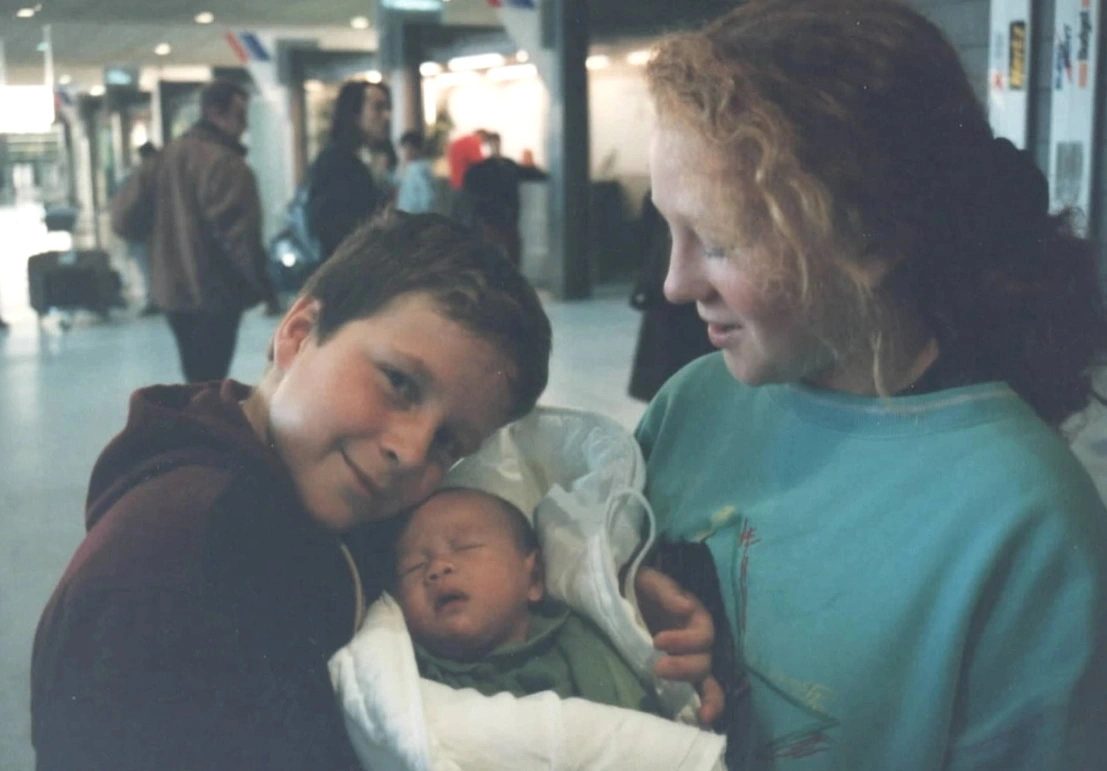
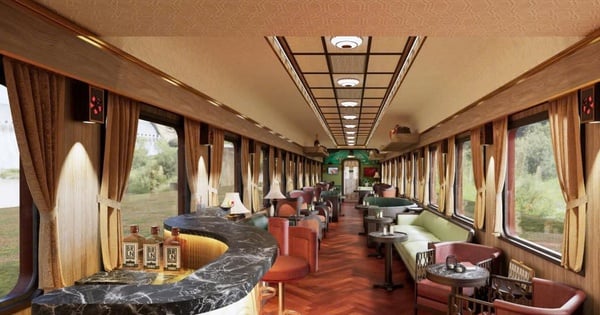



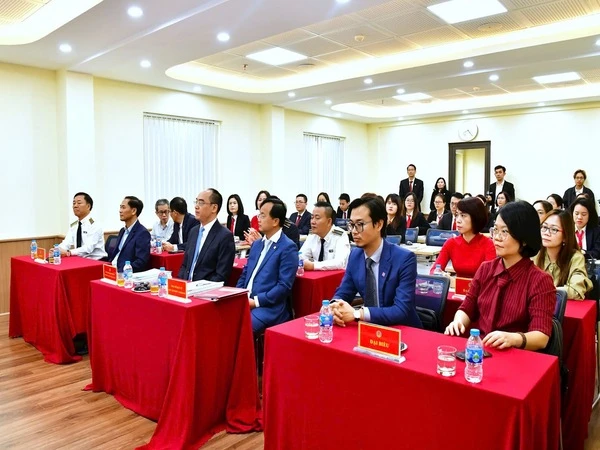
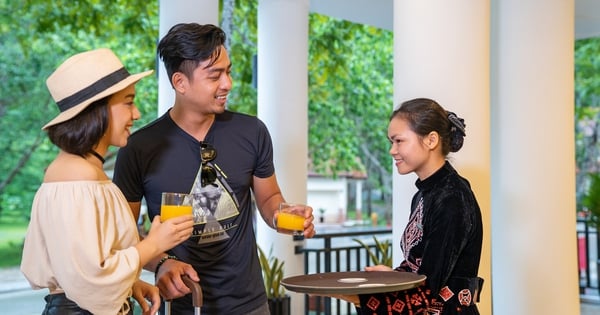

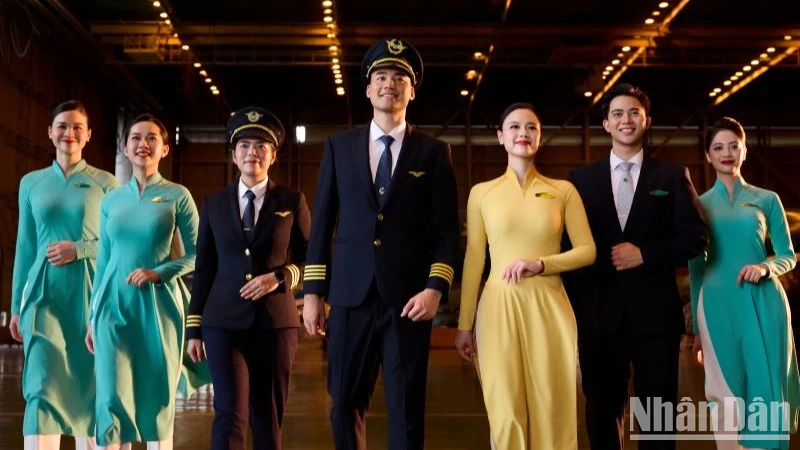
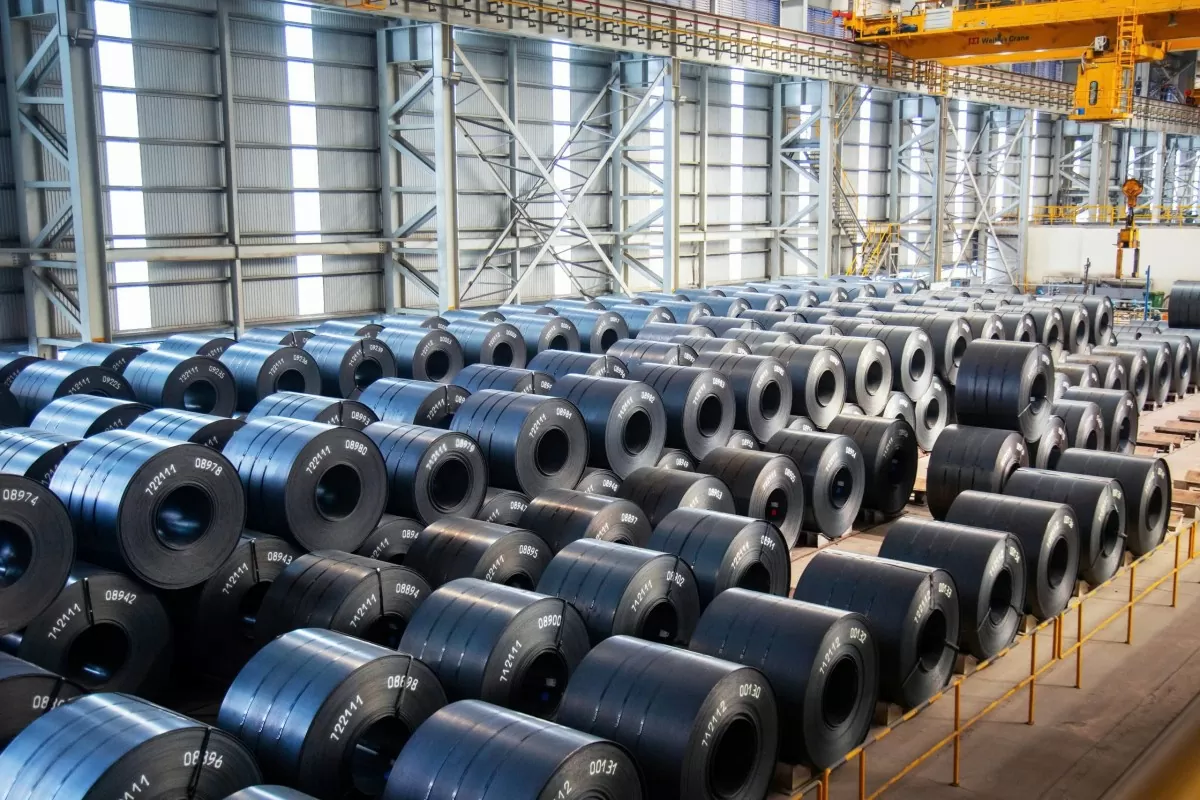
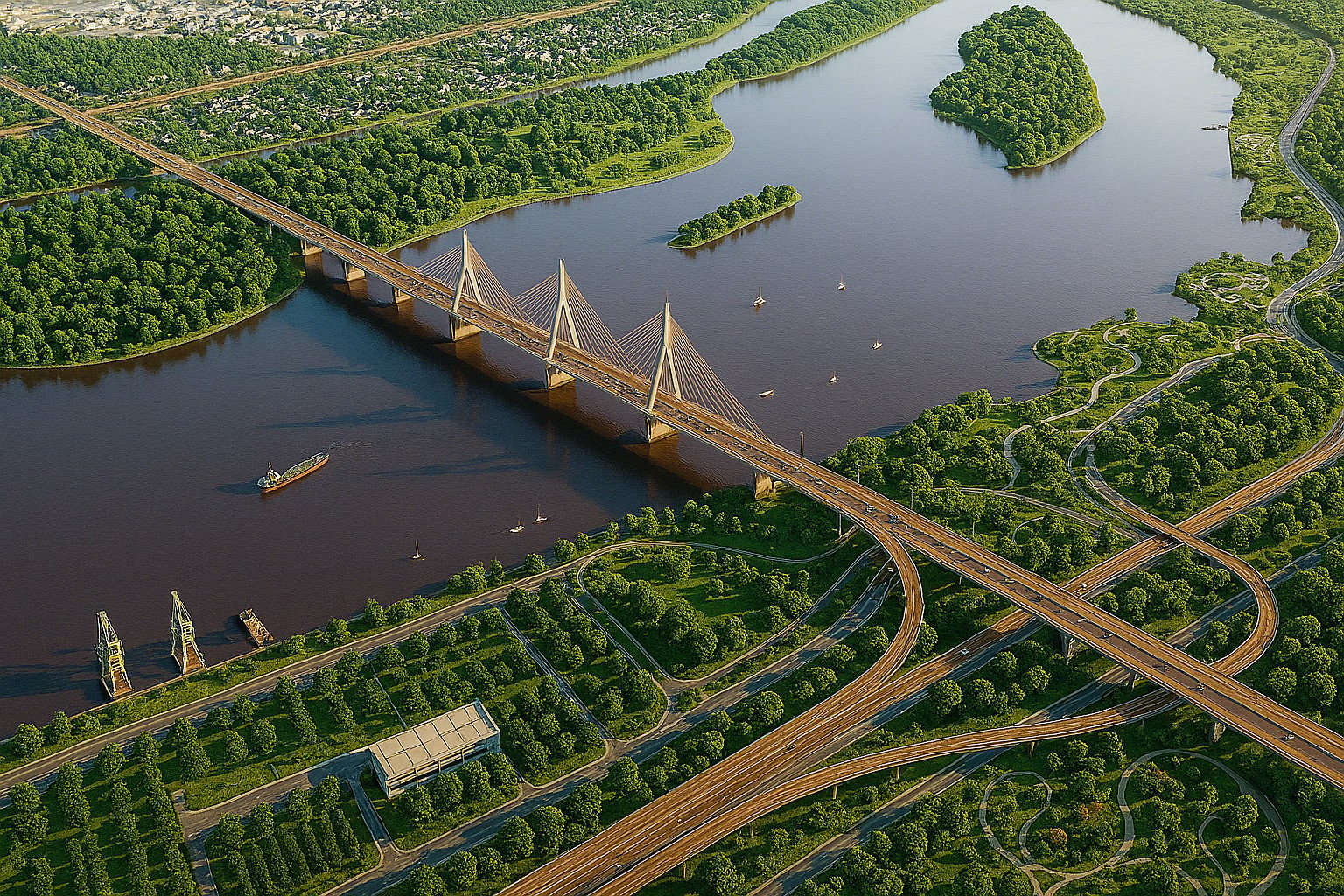




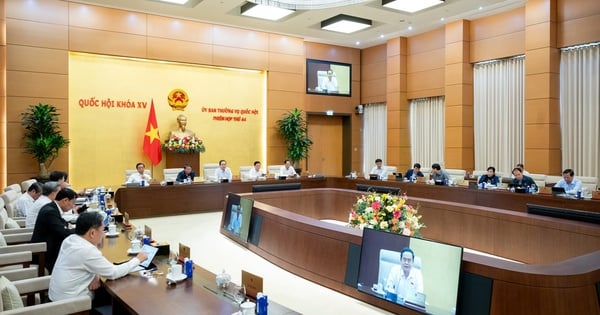

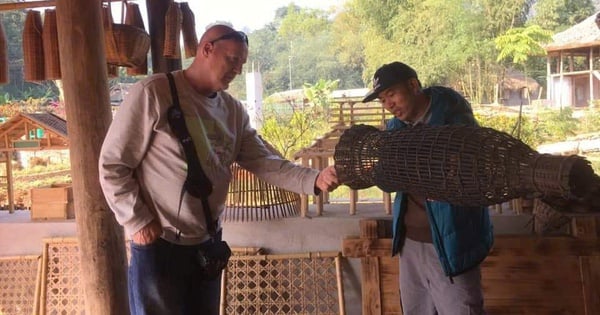

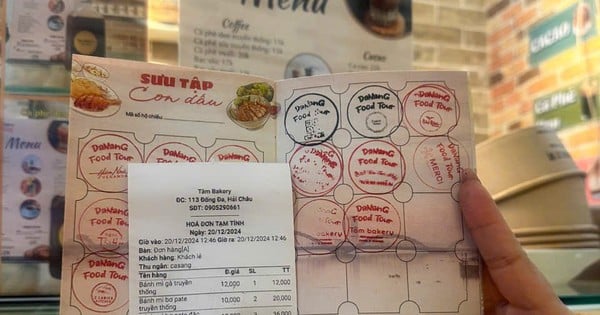
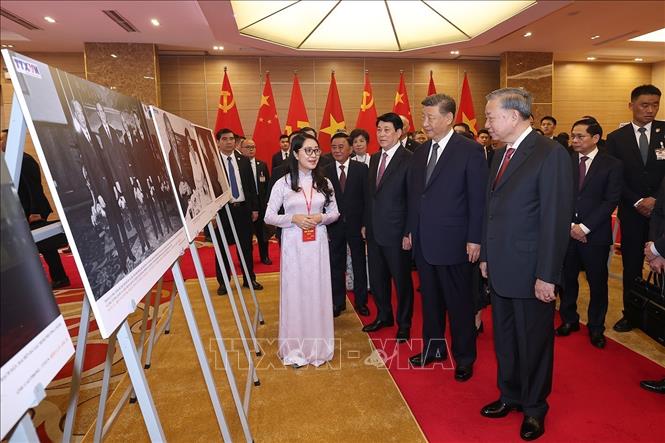

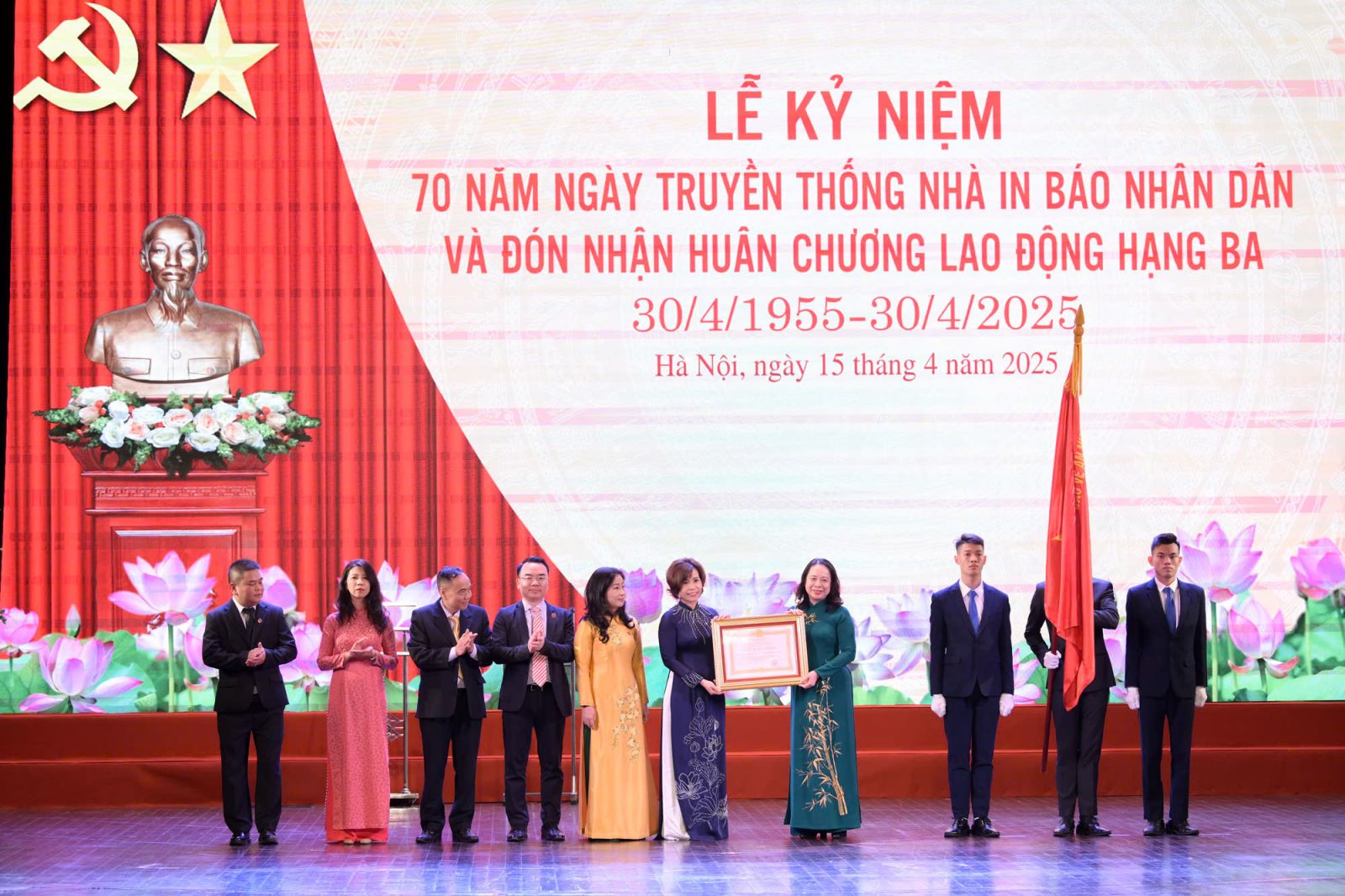
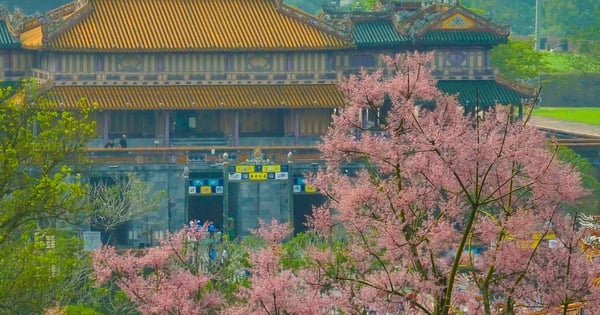
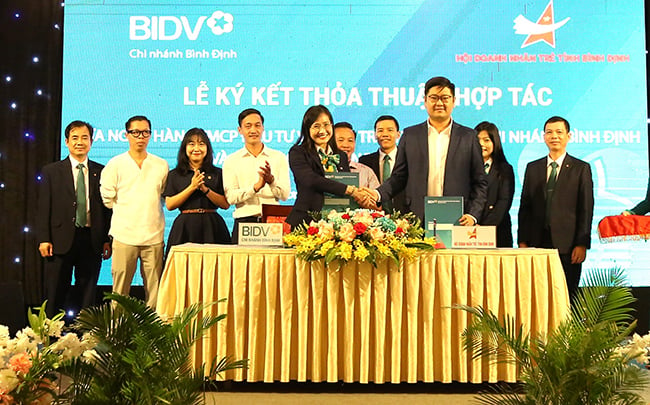
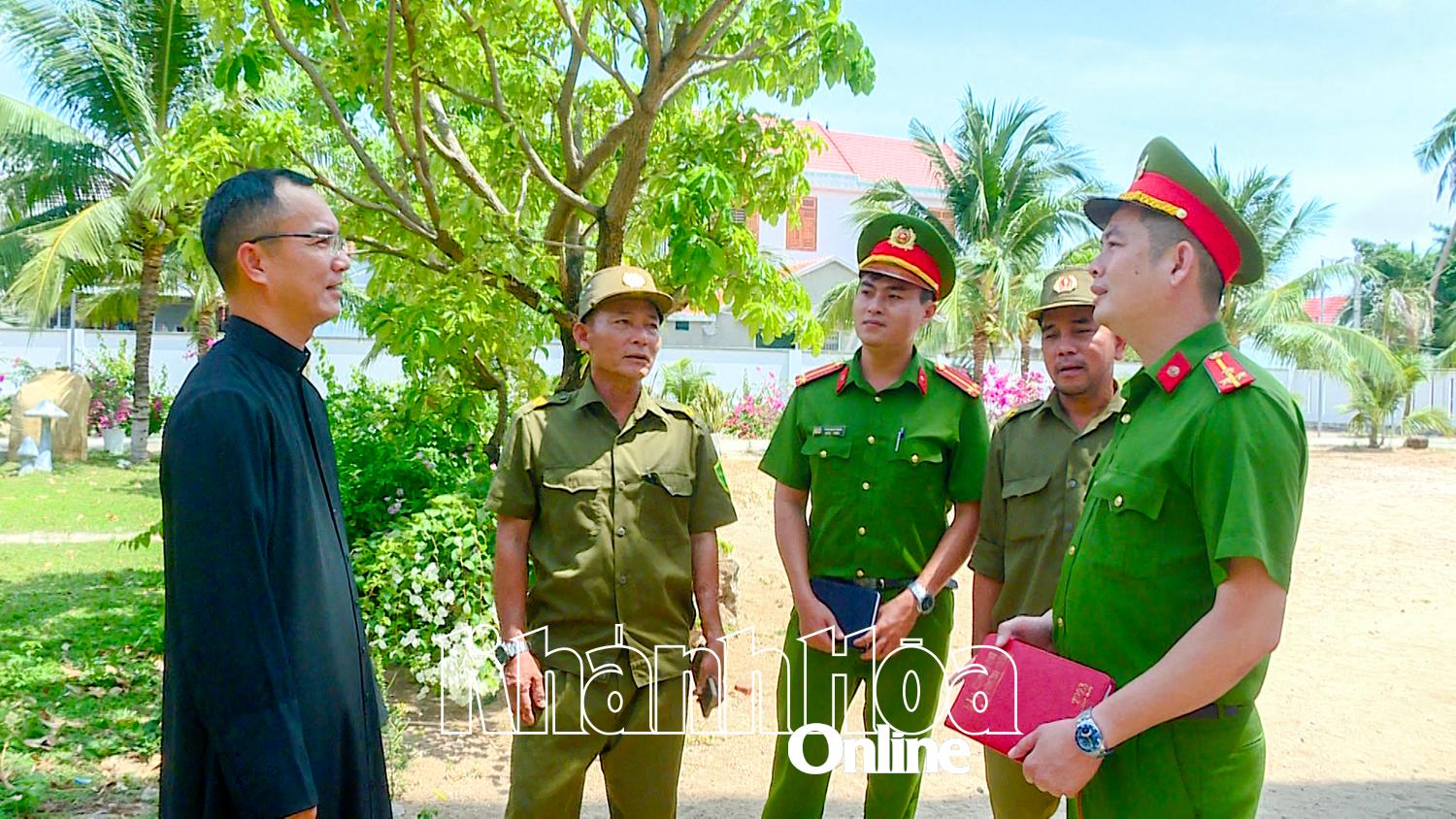

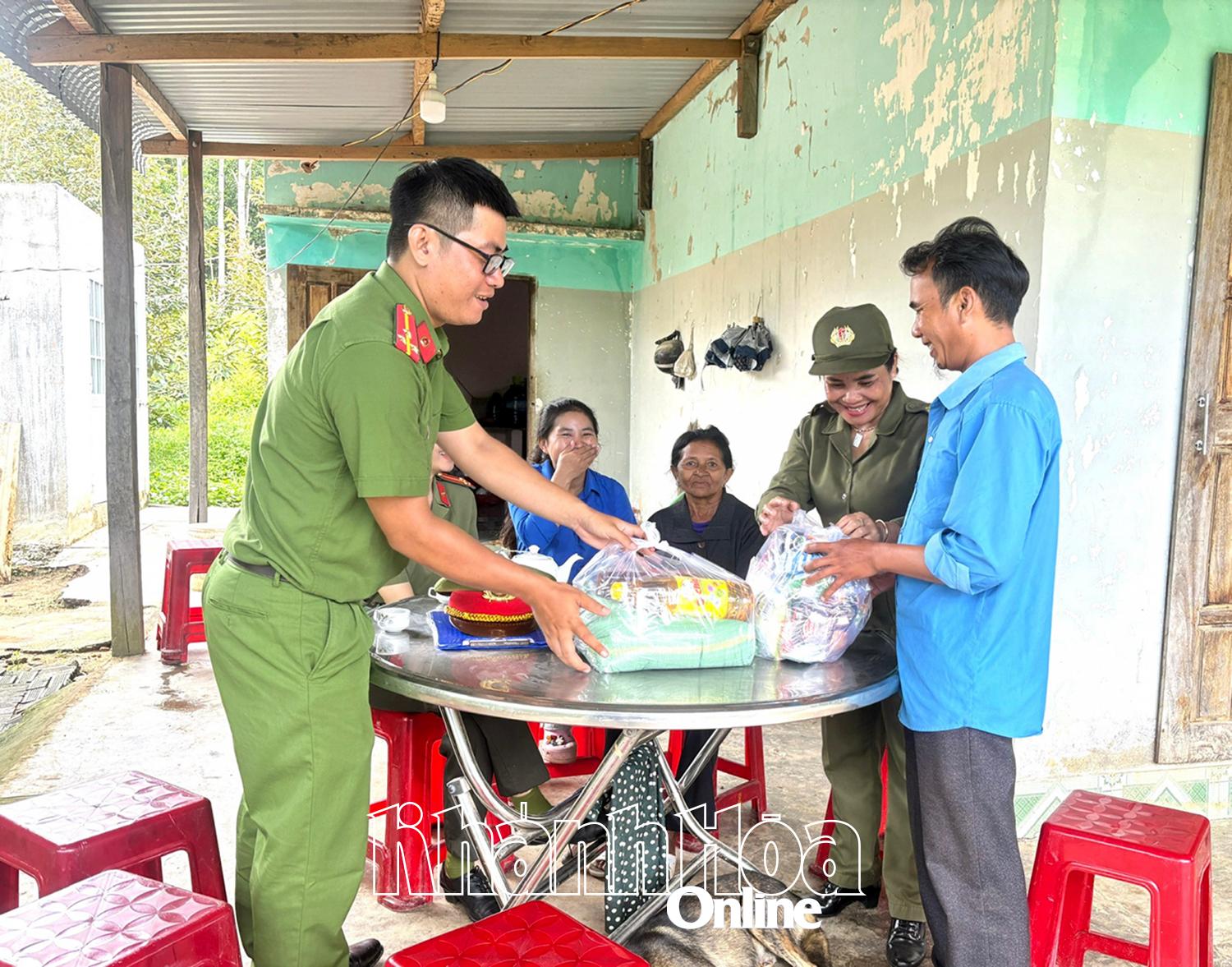
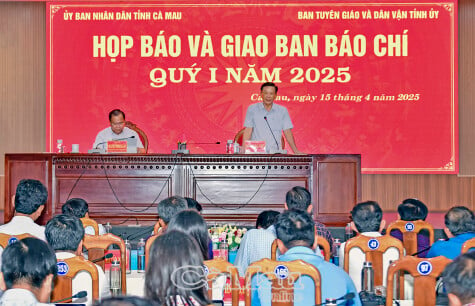
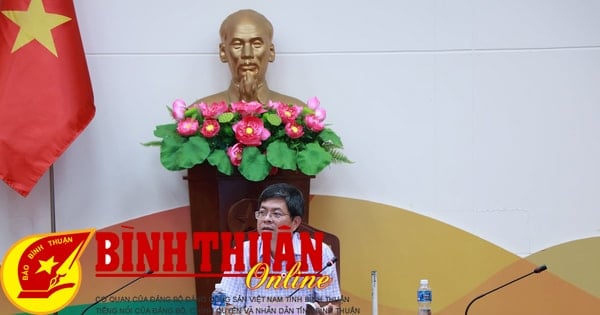

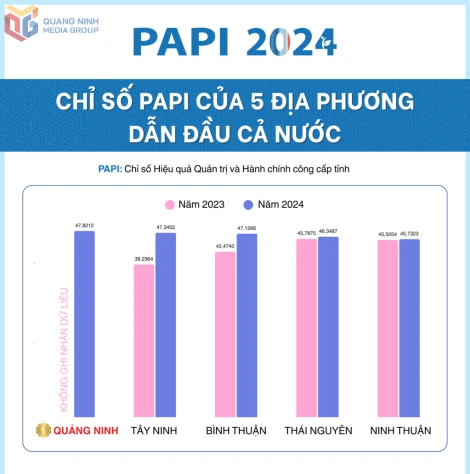
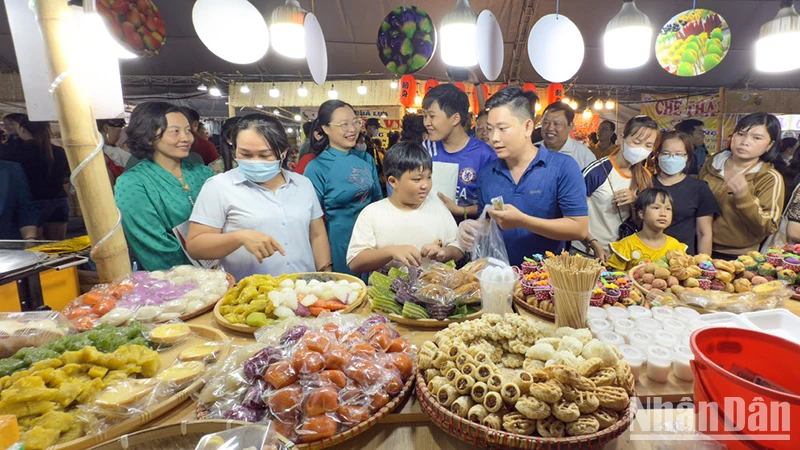
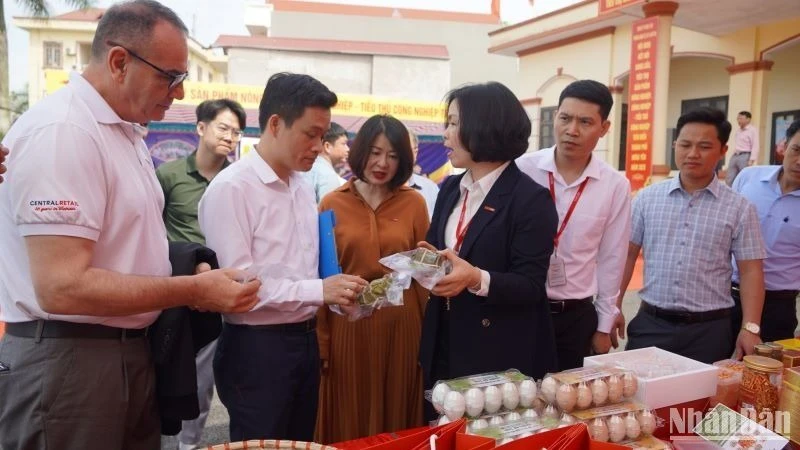
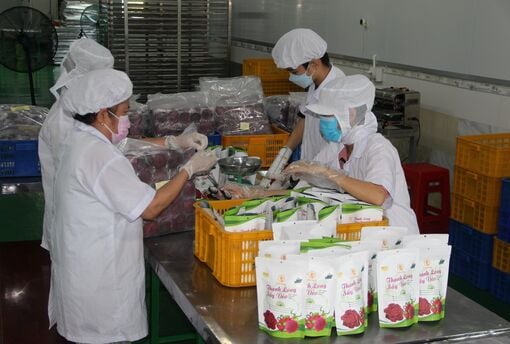

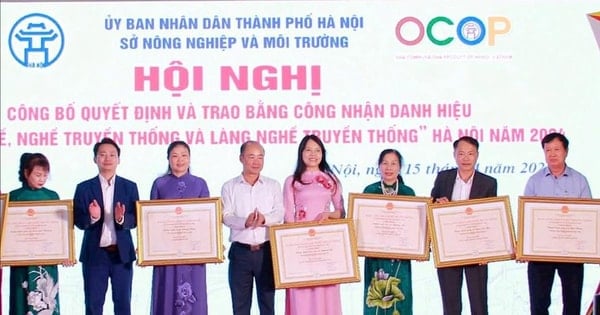


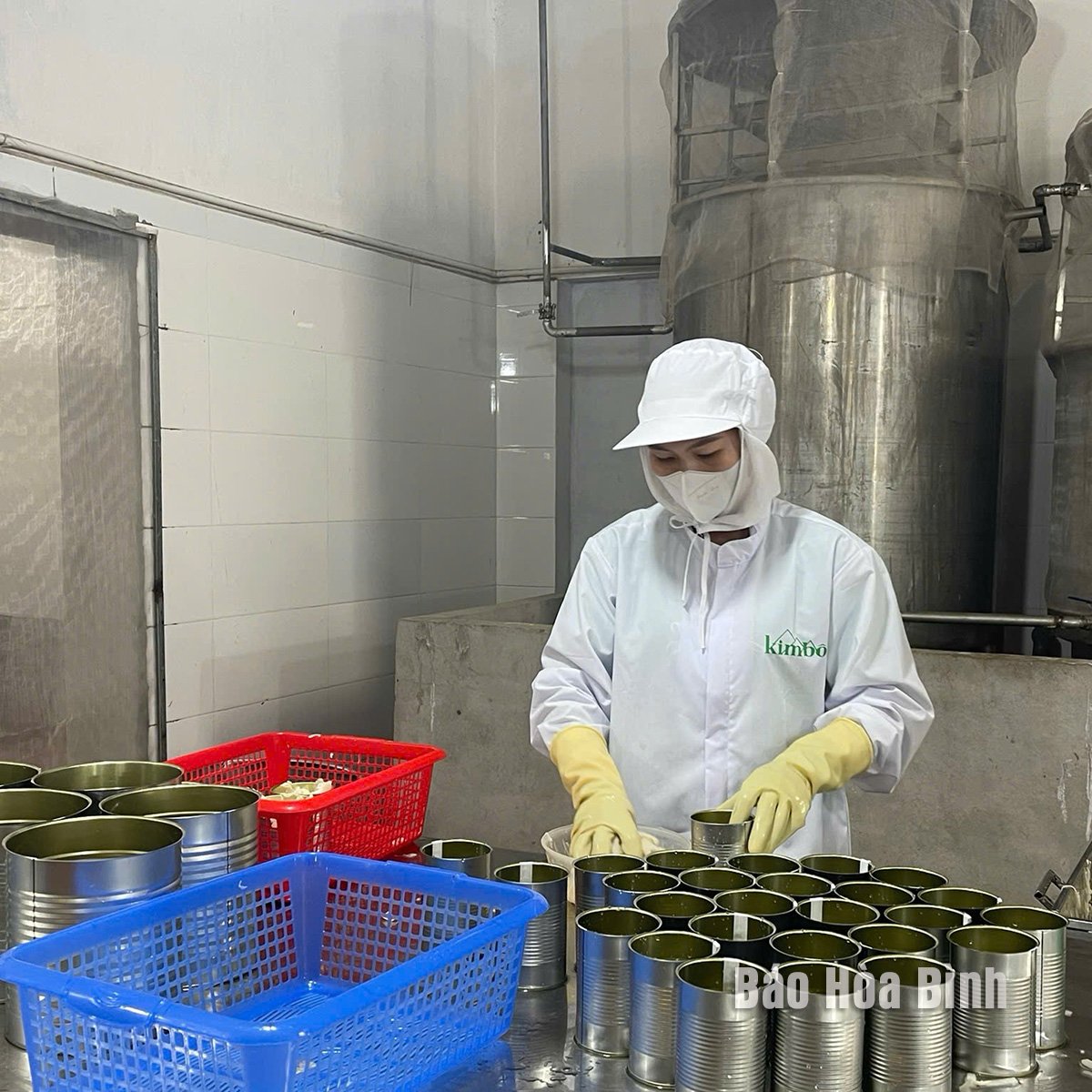

Comment (0)